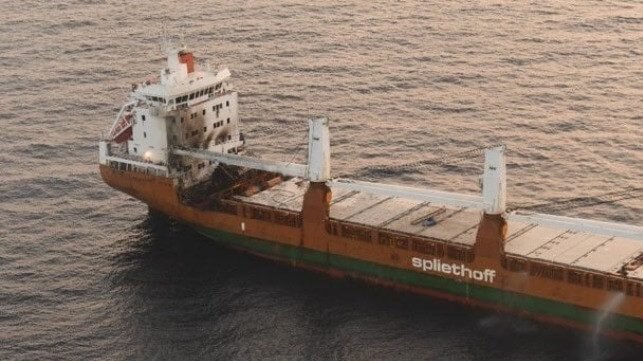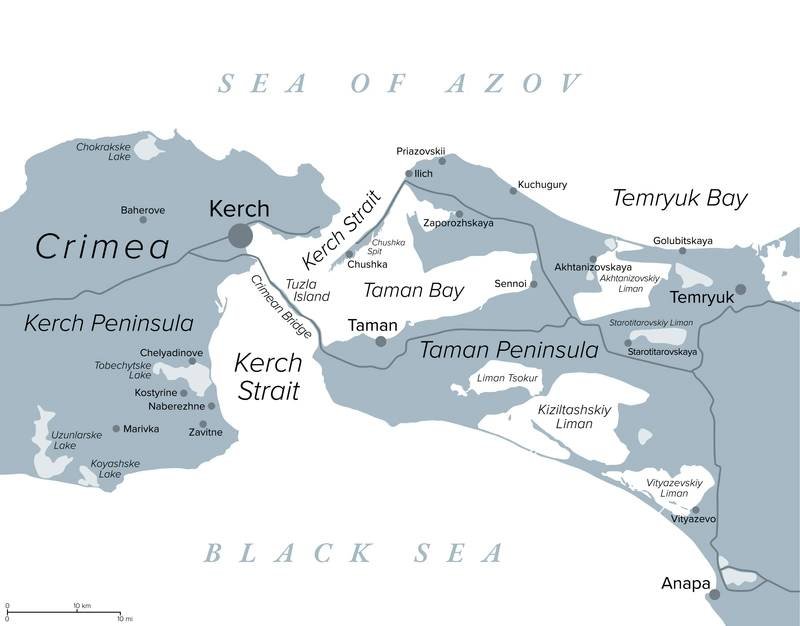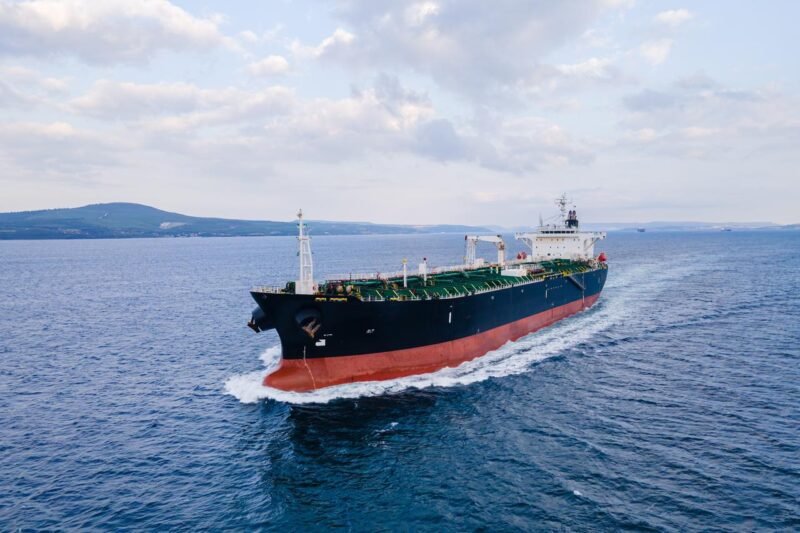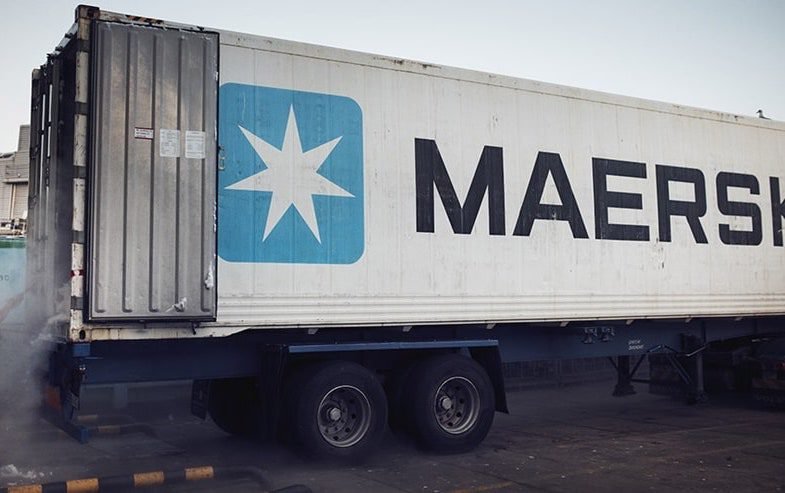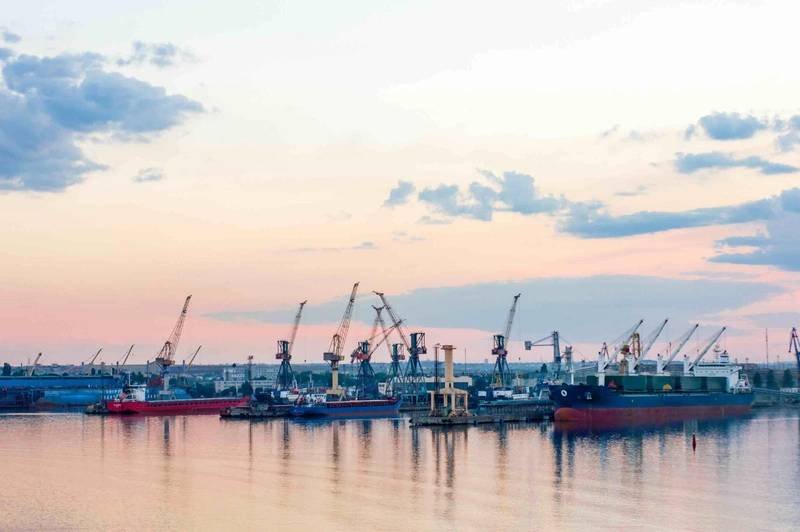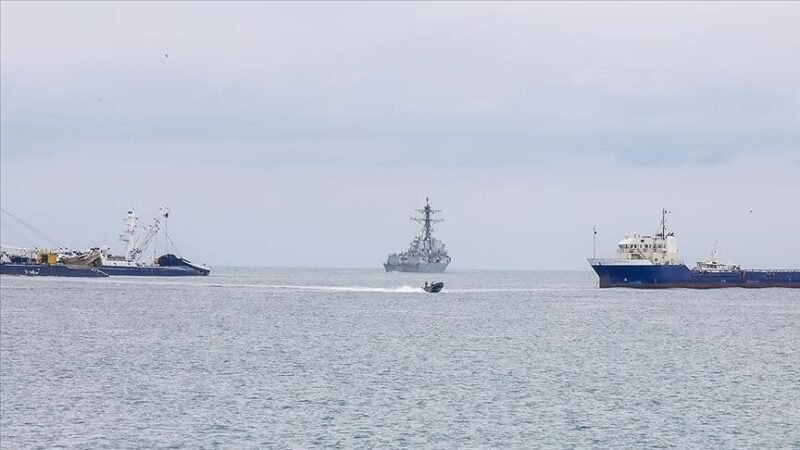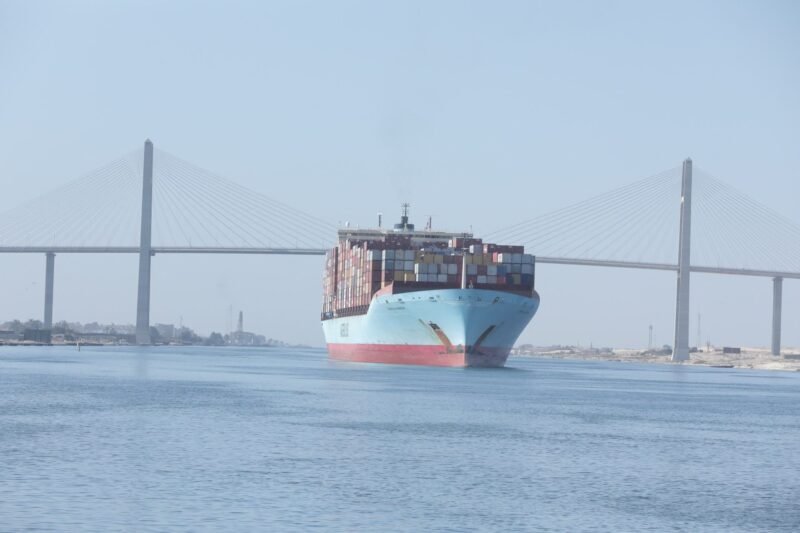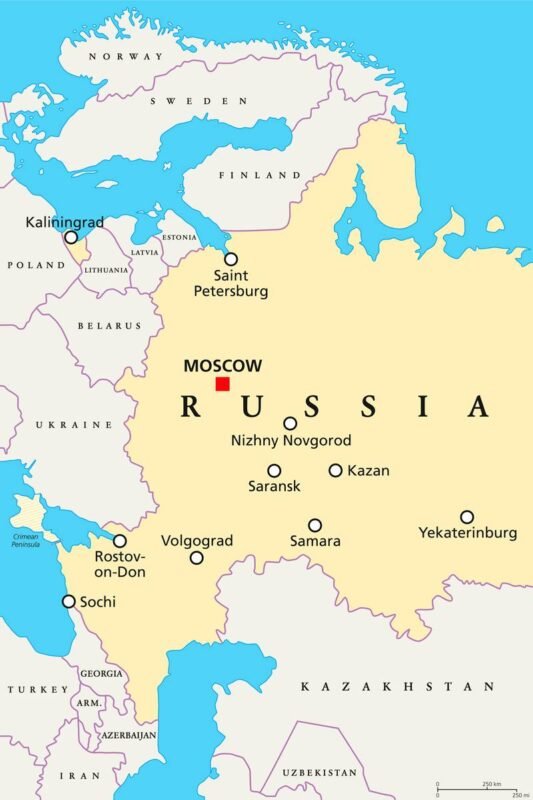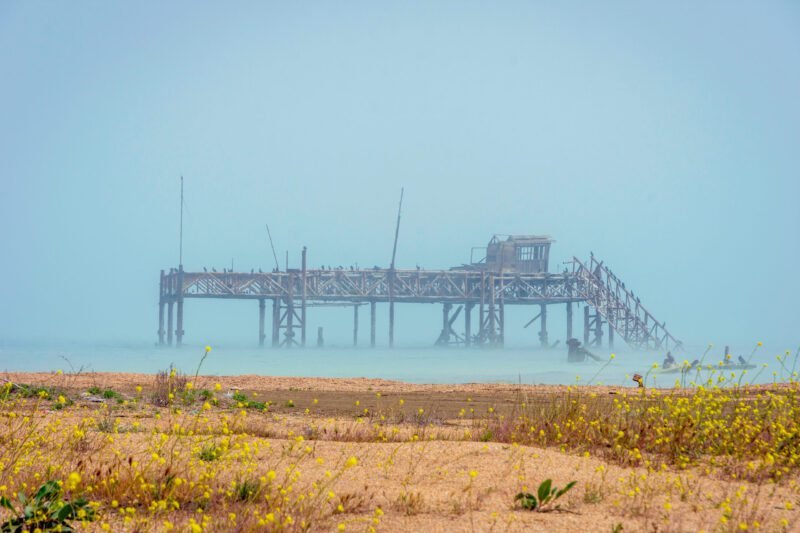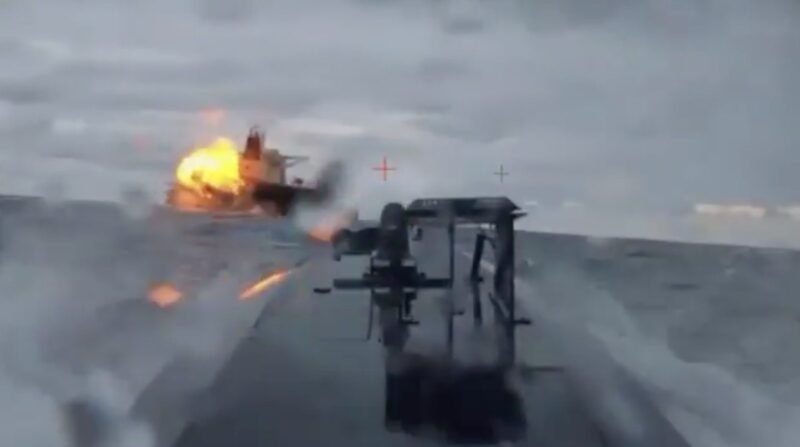A Filipino seafarer tragically lost his life during a Houthi attack on the freighter Minervagracht, and it has been revealed that he was not informed of his right to disembark before the vessel entered a dangerous zone. According to the Philippines’ Department of Migrant Workers (DMW), the Maritime Labor Convention (MLC) stipulates that seafarers can be repatriated if a ship is heading to a war zone without their consent. The MLC recognizes the southern Red Sea, Bab el-Mandeb, and the Gulf of Aden as areas of “warlike operations,” where this right applies.
The Philippines, a major source of seafarers, has implemented domestic regulations aligned with the MLC to protect Filipino crew members. These regulations include the right to refuse to sail into high-risk areas, ensuring that seafarers cannot be penalized for opting for repatriation. Additionally, maritime employers are mandated to inform the DMW about any planned transits through hazardous zones, including a list of Filipino crew members and reasons for the transit.
This policy was established in response to the Red Sea crisis in 2024, with several advisories issued to shipowners urging them to avoid the region. Migrant Workers Secretary Hans Leo Cacdac stated that the crew of the Minervagracht was not made aware of their rights prior to entering the war zone, nor did the vessel operator comply with reporting requirements. Cacdac has traveled to Djibouti to assist in returning the remains of the deceased seafarer, while the operator, Spliethoff, has expressed condolences and offered support to the family.


